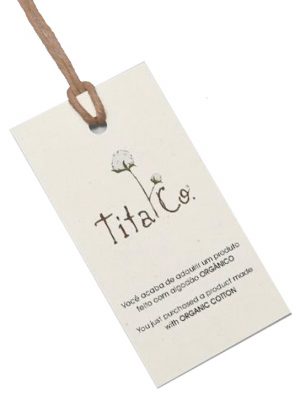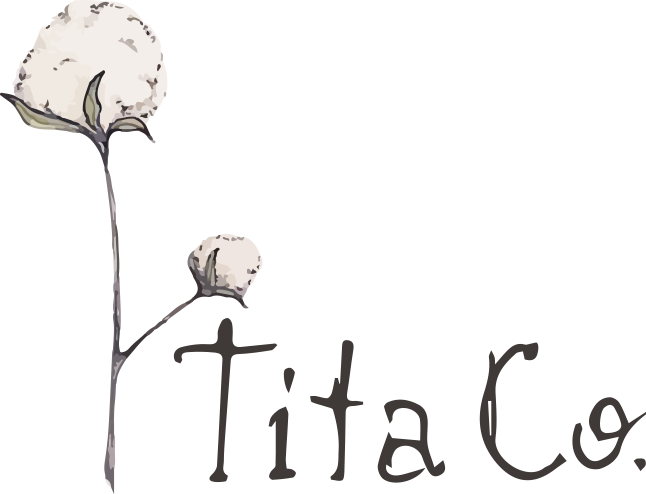Special Raw Material
The Organic Cotton Pima was introduced in Peru in 1918, brought from Arizona (USA). Even not being native, the climate conditions and adequate soil of Pirua, north of the country where the farming started, added superior quality, comparable with the Egyptian cotton.
This is one of the most important products in Peru and the main characteristic is the thin and long fibers, responsible for softness, brightness, resistance and durability. Beyond these benefits, the cotton PIMA does not damages the skin, has good washes resistance what keep the clothes in good conditions.
.
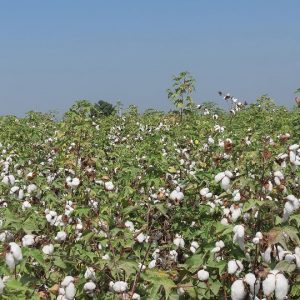
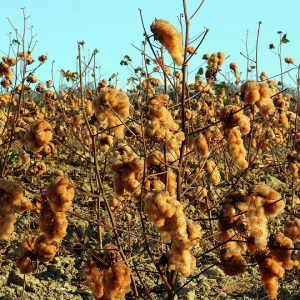
The Color Cotton exists for more than 4500 years and is older than White Cotton. However, the fiber was short, being impossible to manufacture. It was necessary 20 years of natural crosses with another species so that the EMPRAPA researchers (Empresa Brasileira de Pesquisa Agropecuária) could develop a long and resistant fiber able to manufacture.
Nowadays, the Color Organic Cotton from Paraiba offers different colors, like off-white to brown, with high quality to manufacture knitwear and fabrics. Having raw material that born naturally colored, dispensing dyeing, reducing 87,5% of water consume and save energy, proud us. The results are fabrics and knitwear with hypoallergenic characteristics, free of chemical dyes.
Photos Colored Cotton Organic by Natural Cotton Color
International Certification
The Organic PIMA Cotton used by Tita Co. has longer and stronger fiber than other cottons what makes our collection more durable. Our Organic Cotton is harvested by hand to retain the fibers and planted free of chemical additives. The Organic PIMA Cotton is certified by GOTS (Global Organic Textile Standard), which has the higher standard process in environmental practices and fair trade.
The Color Organic Cotton from Paraiba is also used by Tita Co. and is very special because the cotton feather naturally born in tons of off-white to brown, free of additives and dyes. Cultivated in the semiarid region (Brazil Northeast), reduce the water expenditure in 87,5% on the productive cycle. The ECOCERT GROUP certifies the organic cotton from Paraiba and is worldwide recognized.
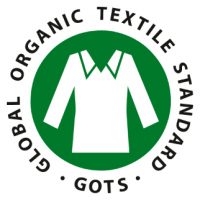
GOTS Certified Organic Pima Cotton Fabric

Organic colored cotton feather certified by ECOCERT
Packaging and Labels
The Tita Co.’ s packaging are recyclable by the organization Eu Reciclo . They guarantee the whole process based on our annual sales volume. The ink used for the tags information and labels are natural, being dyed by water based paint.

